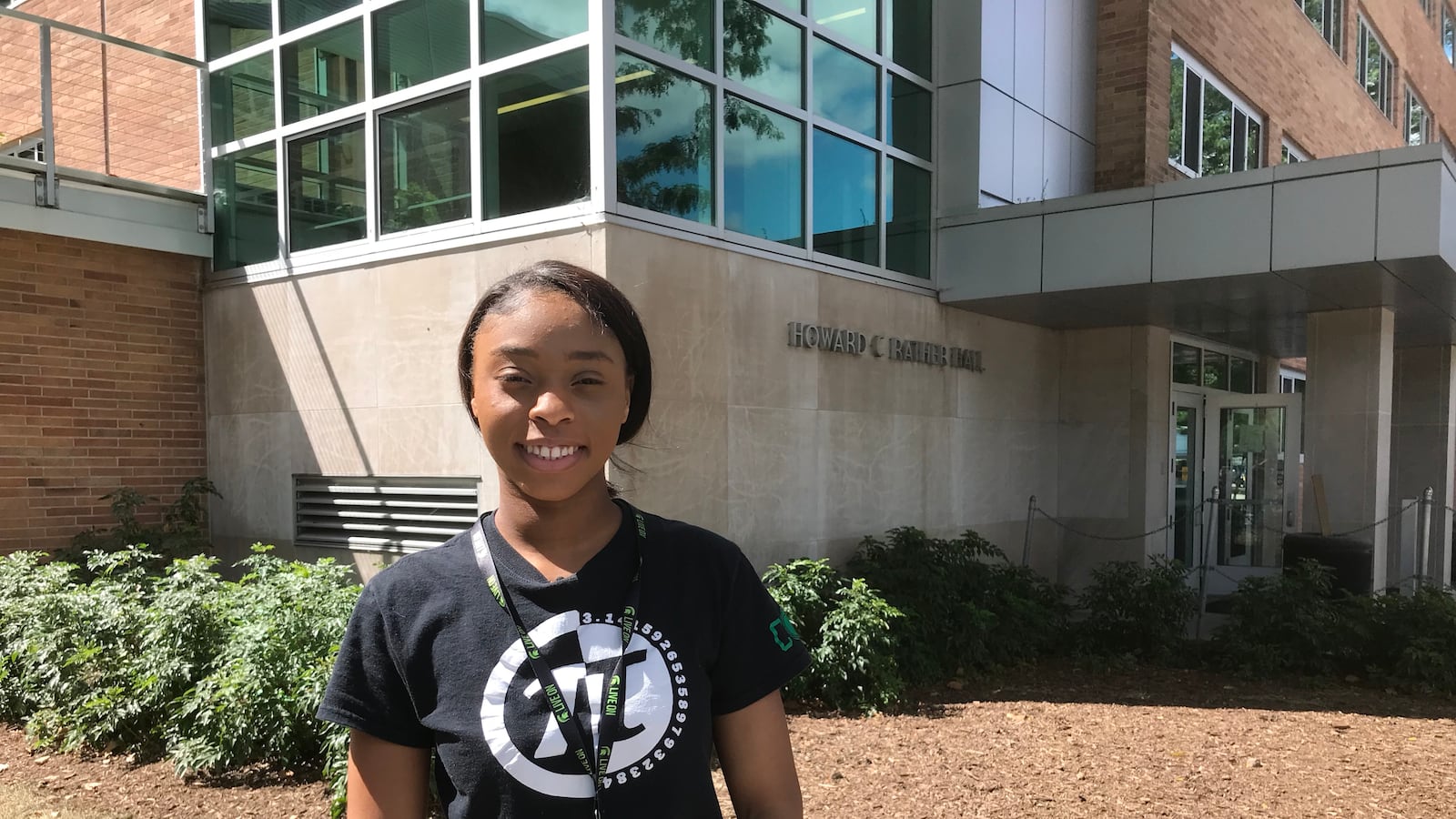Fewer than half of Michigan residents have any type of education degree or certificate beyond high school. It’s a number Gov. Gretchen Whitmer is hoping to increase and a major reason the state is joining a national organization focused on improving college completion.
Whitmer’s office announced Michigan is joining Complete College America, which works to ensure everyone has a path to postsecondary success.
The announcement comes eight months after Whitmer, during her first State of the State address, called for increasing the percentage of Michigan residents with a postsecondary education credential from 43.7% to 60% by 2030.
It also comes just weeks after Chalkbeat Detroit (through a partnership with Detroit Public Television) launched the first installment of a yearlong series, called Ready or Not, that is following four Detroit high school graduates through their first year of college. The goal is to capture the challenges they face that can upend even the most driven student’s college dreams.
We introduced readers Sept. 18 to Marqell McClendon, Kashia Perkins, Demetrius Robinson, and Joe Thomas. We also introduced readers to some dire statistics: Nationwide, nearly 30% of the first-time students who enter college don’t continue past their first year. Only 60% percent graduate in six years, and the proportion is lower for black students and students from low-income families.
In Detroit, nearly half of graduates from Detroit’s main district who make it to college must take remedial courses. For charter schools in the city, the number ranges from 32% to 75%.
While the national organization that Michigan is working with is focused on college completion, Whitmer’s goal of a postsecondary credential doesn’t just include four-year college degrees. It can also include credentials like an associate degree at a community college or a skilled trade certificate.
Whitmer said announcing the goal earlier this year was one of her first acts as governor because “every Michigander deserves a path to a good-paying job that they can support themselves and their families on.”
“When we break down barriers, especially for low-income students, first generation college-going students, and students of color, we can grow our economy, close the skills gap, and ensure every family can thrive here in Michigan.”


